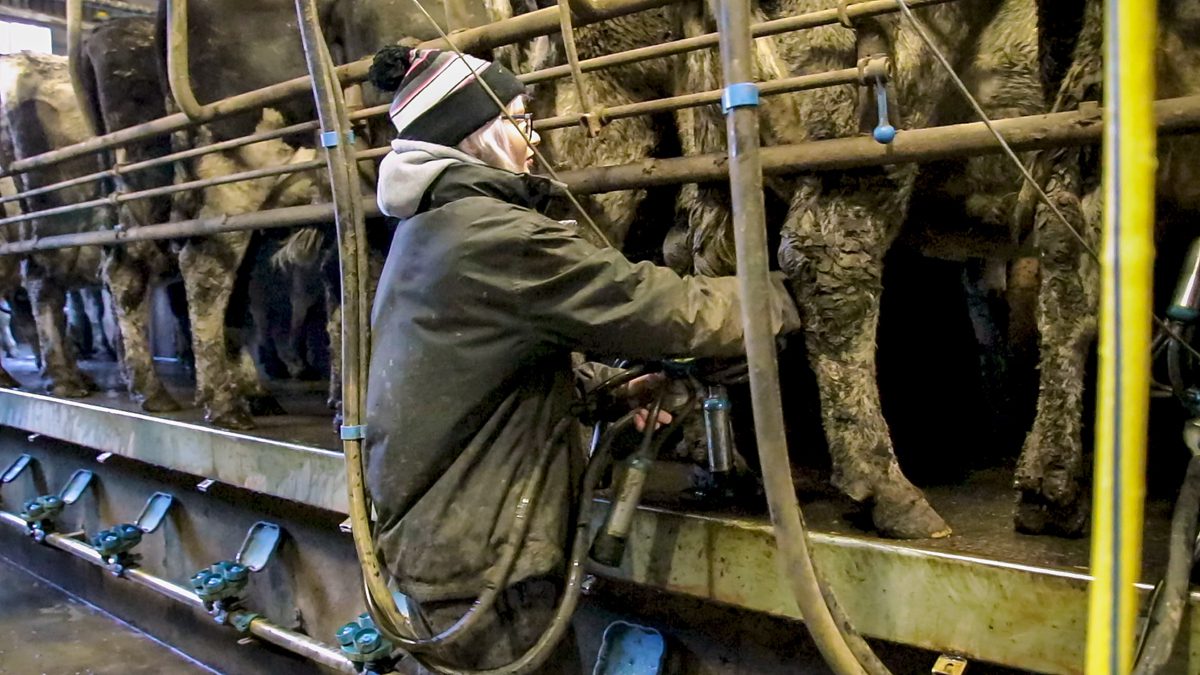Agriculture is the sector with the highest gender imbalance, stated Louise Lennon of Irish Rural Link at a meeting of the National Women’s Council in Longford last week.
She referred to a 2014 study by Tanya Watson of NUI Galway which found that men own 90% of all farmland in Ireland.
This, she said, could be attributed in the most part to the fact that entry into farming is “unlike” other occupations.
It is an occupation whereby people – mainly men – inherit. And where very few people who don’t have a farming background enter into it.
“While fewer women are farm holders; they still make a significant contribution to the Irish agricultural economy. However, little recognition is given to this,” said the Irish Rural Link policy and communications officer.
The 2010 agricultural census, she said, showed that the number of family farms owned by females was 12.4%.
“Females make up 27% of the agricultural workforce. This includes farm holders; but, also over 40,000 spouses to farm holders and more than 12,000 family members of the farm holder.
Collectively women contributed 36,554 average work units on family farms; equating to 22% of total average work units.
“There are many challenges for women in agriculture – especially as a spouse or partner of a farm holder,” Lennon contended.
Public face
“The farm holder or owner is the public face of farming. They are the ones who receive the recognition of the work that is done. They are the ones included in quarterly employment figures.
 “The farm owner or holder receives the farm payments. This can cause financial difficulty for the spouse, or partner, and make them very financially dependent on the farm holder if they don’t have off-farm employment,” she said.
“The farm owner or holder receives the farm payments. This can cause financial difficulty for the spouse, or partner, and make them very financially dependent on the farm holder if they don’t have off-farm employment,” she said.
Lennon added that Farm Assist – the social welfare payment available to farmers on low incomes – is also paid to the farm holder or owner. She said spouses and partners would not be entitled to a social welfare payment.
They are also limited in the employment schemes, or educational and training courses, they can to participate in if the farm holder is receiving Farm Assist.
She urged women and women’s groups to get involved in the Next Chapter project – which aims to improve the participation of women in public and political life in Northern Ireland and the border regions.
The project, funded by the peace programmes, will be launched this spring. More information is available at: www.thenextchapter.eu.
